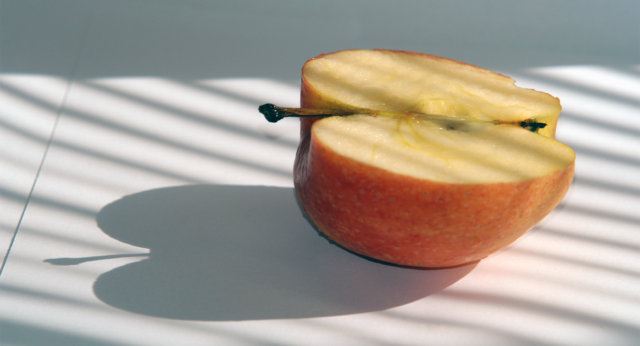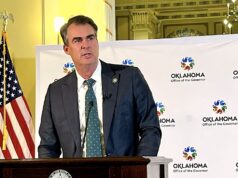Even if my colleagues disagree, they will understand why I believe that teaching high school history and government is the best job in what must be the best career imaginable.
Typically, my students were more socially conservative than I was. They were aware that I was a former ACLU/OK board member and a pro-choice lobbyist, but they knew that all of their opinions, values and judgments would be treated with equal respect. They also knew how much I preferred addressing persons who disagreed with me on abortion with the term “pro-life” instead of “anti-choice.” OK, my (very few) black Republican students would get some extra ribbing, but often they asked for it by reality-challenged trash-talking during our lunch-hour basketball games (asserting that I fouled?!)
Teaching with an open door produced a bonus. Students, patrons or other visitors continually joined our debates. Often, parents would send their children back to school with their counter-arguments about politics, culture and the meaning of life. The same pattern occurred with preachers, who might urge prayers for me, but not censorship. One junior brought his pastor to class to present an alternative worldview, and he concluded with the words, “We can count the seeds in an apple, but not the apples in a seed,”
The metaphor speaks to last week’s 2016 Democratic Party Convention. We can count Bernie’s delegates, but we can’t even guess as to the number of future voters and activists baptized in the fires of the Bern. The metaphor also speaks to the unprecedented number of Oklahoma teachers who are running for office. We can count the number of educators who are elected this year, but we can’t predict the number of new leaders the grassroots rising of classroom teachers of all types will produce.
Teachers respectfully embrace opinions
Fortunately, teachers and our unions are uniquely poised to help make America unified again. Not only do educators celebrate the difference of opinions, but it’s our job to do so in a respectful manner. Our professional practice embodies the need to listen, to disagree agreeably and help synthesize seemingly incompatible perspectives. Not only do we model the sharing of ideas in the classroom, our edu-political practice illustrates the democratic principles known as the “loyal opposition.” Teachers and our unions defend the profession and promote the welfare of students by treating our opponents as opponents, not enemies.
Team efforts toward equity and justice
And, that brings us to the second contribution that teachers, our professional organizations and our representatives can make: Unlike those with more money and power, we need to be trustworthy participants in the team effort to advance equity and justice. Compromise is engrained in our political culture. We embrace the Big Tent model of politics. It is better to have people inside the tent, urinating out of it, rather than have those who are excluded urinating into it.
Although this is heresy to test-driven, competition-driven reformers, teachers know that, in our world, we win some and we lose some. Our political defeats may be bitter, but they sure don’t sting as much as the losses our students face all too often. In fact, not even the reformers’ slander — the charge that traditional public school teachers don’t care enough to do “whatever it takes” — leaves a bitter taste anymore, for it is nothing like the anguish of losing the kids that we love.
After all, that is why we compromise so much. It would be much easier to hold to the sanctity of our agendas — even when it guarantees defeats — if we did not have to look into our students’ eyes and see the way that they pay the price for ideologically driven policies.






















